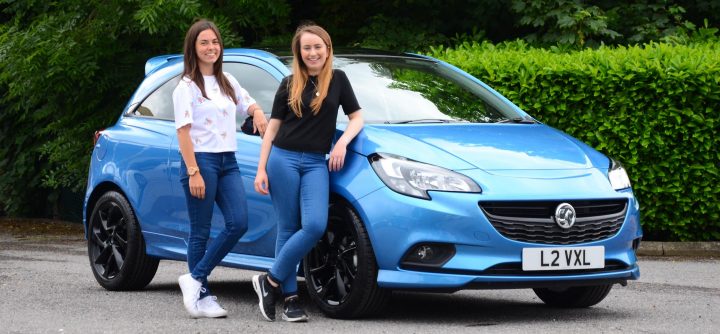New research from Autotrader revealed just how many UK drivers are on the roads thanks to the “Bank of Mum and Dad”.
Their nationally representative survey of 2,002 UK drivers found that one in three motorists (33%) has received financial help from their parents towards car costs such as insurance, fuel, repairs, or MOTs in the last 12 months.
A further 22% say that whilst they haven’t received financial help from their relatives in the last year, they have at some point, meaning more than half of UK drivers (55%) have relied on parental support in the past.
Insurance is the most common cost parents help with, with 16% of drivers receiving financial support to help cover their premiums. Repairs (16%) and fuel (16%) follow closely behind, while MOTs are the least likely expense to be covered by parents, at 11%.
Gen Z Can’t Go It Alone on the Road
The average amount of help received across all age groups was £411.42 per year, with 63% receiving between £100 and £499. One in five motorists receives between £500 and £999, while a small proportion (2%) receives more than £1,000 a year.
Gen Z drivers understandably receive the most support. Those aged 17–24 get an average of £432.71 per year, closely followed by 25–34-year-olds (£428.94). Even among 35–44-year-olds, parental help remains significant at £373.88, showing that financial reliance on parents often continues well into adulthood. Drivers aged 45–54 (£404.62) and those 55 and over (£377.63) are less dependent overall.
Men report marginally higher average contributions, at £424.33 per year, compared with £397.61 for women.
The Cities Where Parents Are Paying the Price
Parental help with car costs varies across some of the UK’s biggest cities. Drivers in Leeds receive the highest average annual support at £487.47, followed closely by Birmingham (£465.48), London (£420.13) and £370.68 in Manchester. Meanwhile, average contributions drop to £353.97 in Cardiff.
Notably, Leeds, London, Birmingham and Manchester all rank in the 10 Most Congested Urban Areas in the UK, meaning they naturally see higher fuel consumption and vehicle wear, prompting more frequent financial help from parents.
Cardiff’s more compact layout may help explain its lower average support, with shorter commutes and lighter traffic keeping costs down. Stronger competition for sales and maintenance probably also pay a part in keeping down Welsh costs.
The research also explores how drivers feel about needing parental financial support. Almost four in ten (39%) agree that without their parents’ help, they wouldn’t be able to afford to run a car at all, while 49% say they could still manage but it would be a struggle.
More than half of drivers (58%) admit they feel embarrassed about needing financial help, though this sentiment peaks at 67% among millennials (35–44-year-olds).
At the same time, 70% of all motorists say they feel grateful for the support they receive, a feeling strongest among the youngest drivers, with 82% of 17–24-year-olds expressing gratitude.
Struggle
Erin Baker for Autotrader, said, “For many younger drivers, getting behind the wheel is becoming increasingly expensive, and it’s clear that the ‘Bank of Mum and Dad’ is keeping a large part of the nation on the road.
“The fact that 70% of those who get help feel grateful shows there’s no sense of entitlement here, just a genuine struggle with rising costs. But it’s also interesting that embarrassment plays such a big role. Driving has long been seen as a symbol of independence, and that perception is now being challenged by financial reality.
“With insurance premiums, fuel prices and maintenance costs all on the rise, it’s worth drivers considering whether their current car is really the most cost-effective option for them.
“Sometimes, moving to a newer or more efficient model, not necessarily brand new but one with better fuel economy and lower repair risks can save money in the long run. Selling an older car and switching to something newer, or even exploring flexible finance options, could make a real difference to monthly motoring budgets.”
